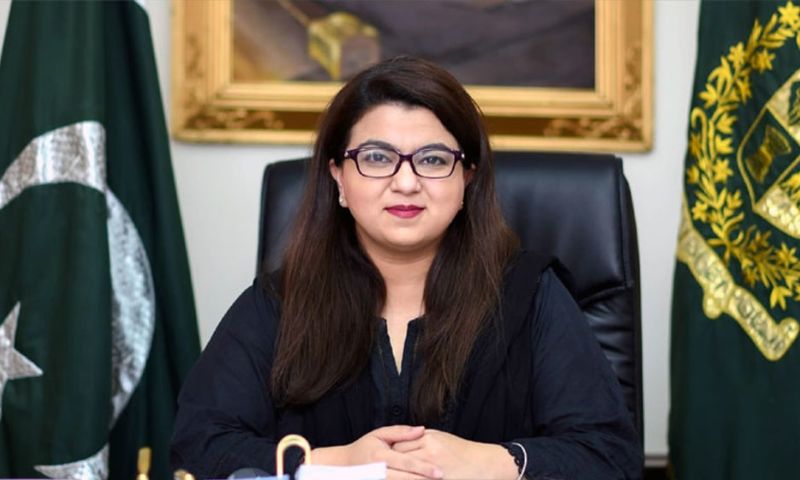In a press conference held today, Pakistan’s Minister of State for Information Technology, Shaza Fatima Khawaja, unveiled ambitious plans for the country’s digital future while addressing recent concerns about internet restrictions.
Khawaja firmly denied allegations of government-imposed internet censorship, stating, “I can say under oath that the government of Pakistan did not shut down or slow the Internet.” She attributed recent connectivity issues to technical problems with PTCL infrastructure and widespread VPN usage, which she claimed could impact internet speeds.
The minister announced that Pakistan’s IT exports have reached a record high of over 3 billion rupees this year. “I thank all the boys and girls who made this goal possible,” Khawaja said, highlighting the sector’s growing importance to the national economy.
Key initiatives outlined by the minister include:
- The establishment of a Digitization Commission, to be headed by the Prime Minister
- Plans to introduce 5G spectrum in 2025
- Construction of IT parks in Islamabad and Karachi, with the Islamabad facility expected to create more than 10,000 jobs
- A substantial budget allocation of 60 billion rupees for IT development, including 4 billion specifically for training children in IT skills
- Partnerships with global tech giants such as Google, Meta, and Microsoft for IT education programs
- Implementation of 250 e-employment centers across the country
- Development of a comprehensive ecosystem for the gaming industry
Khawaja also revealed plans to introduce coding skills training at the primary school level and mentioned ongoing collaboration with the World Bank on digital transformation projects.
Addressing cybersecurity concerns, the minister stated, “The government is not monitoring anyone. We are only working to prevent harassment on social media and provide safe and secure internet to the people.”
However, Khawaja’s statements noticeably avoided direct mention of the controversial national firewall, which she had previously defended as a necessary cybersecurity measure. This omission has raised questions among critics about the government’s stance on internet freedom.
As Pakistan continues its push for digital advancement, the government faces the challenge of balancing rapid technological growth with concerns over online privacy and freedom of access. The coming months will likely see increased scrutiny of these initiatives as they begin to take shape.

